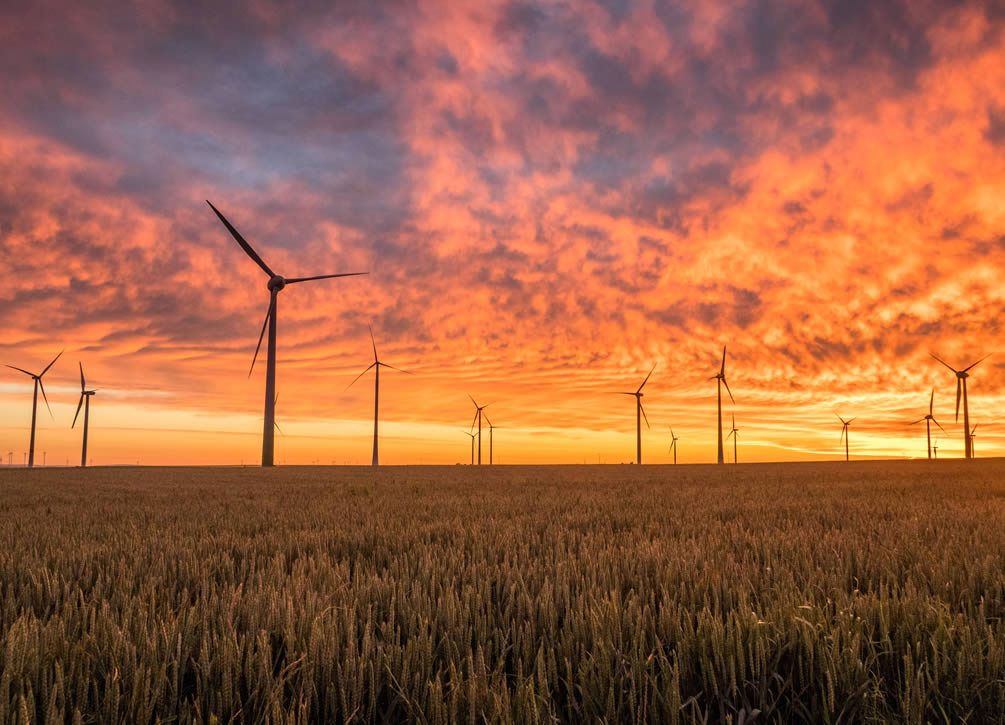If you have been watching, listening to or reading German media over the past several years, you have almost certainly seen the term Energiewende. What exactly does Energiewende mean? Why is it significant?
The term Energiewende is composed of two words: Energie (energy) and Wende (turn). Energiewende – usually expressed as Energy Transition in English – refers to Germany’s long-term, nationwide initiative to transition from fossil fuel and nuclear power to renewable energy resources.
Germany is already a world leader in the renewable energy field. During 2017, some 36.1% of Germany’s total power needs were provided by renewable energy sources, according to government figures. By 2030, it is projected that no less than 65 percent of Germany’s total electrical energy will be derived from renewable sources: a truly impressive achievement for a major industrial nation.
More information about the Energiewende can be found on the website of the Federal Ministry for Economic Affairs and Energy.
▸ Photo: Biedesheim, Germany by Karsten Würth on Unsplash
